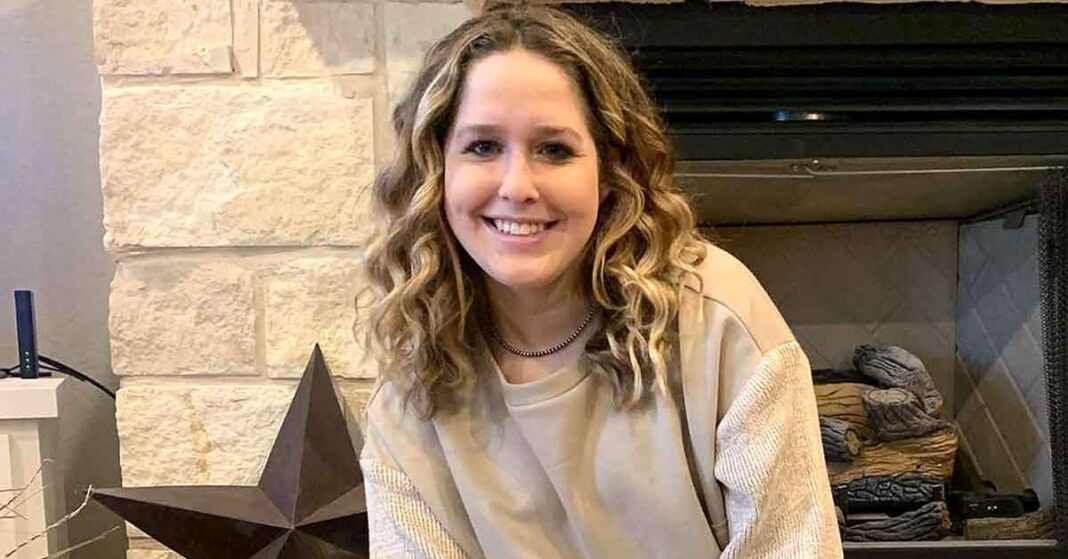Alison Pickering, a 23-year-old from Texas, discovered her allergy to peanuts in preschool, when she came home with hives.
“She said, ‘well, a friend of mine shared with me a chocolate Jiff sandwich.’ And I was like, ‘Oh!’,” said her mother, Joy Pickering, “and it became evident she had a peanut allergy.”
Her father, Grover Pickering, added that on rare occasions, “She would feel it in her lips and in her throat and so we would take trips to the ER.”
From her parent’s account, Alison was especially cautious regarding her food allergy as was evidenced as she prepared for a first date just days before she was set to graduate from Tarleton State University.
She chose a restaurant she had eaten at before and ordered the mahi-mahi, a dish she had eaten there safely before.
Said her father, “She would repeatedly go to the same restaurants and order the same dishes, you know. And that was a common thing.”
Unfortunately, Alison and the wait staff were unaware that peanut sauce was added to the recipe for the dish since she last visited.
Said her father, “She took a few bites, realized something was wrong. She did her Epipen. The ambulance came. She actually walked to the ambulance talking to them, but somewhere along the way things went downhill.”
At some point, Alison lost and never regained consciousness.
“It’s tragic and it doesn’t need to happen to anyone else,” he said.
The Pickerings, who are seeking ways to raise awareness about the seriousness of food allergies, are calling for clear, consistent communication at restaurants and comprehensive training for restaurant staff.
“To determine what guidelines could be put in place to help restaurants have better communication to their customers as far as ingredients, much like labels on grocery store items you buy,” said Alison’s father.
“We would love to see more done to make wait staff and patrons aware,” said Alison’s mother. I know we’re going to save lives by doing this.”
Here is a CBS interview with the Pickerings:
We send our sincere condolences to the Pickerings at the tragic loss of their daughter. We hope their efforts to raise awareness of the dangers of food allergies bears fruit and that their work to save others will bring them some small measure of solace.
As we do when we report on such tragedies, we look for strategies others in the food allergy community can employ to avoid the same circumstances.
In this case, we know Alison carried her epinephrine and administered it at some point, but we don’t know how long after the onset of symptoms she administered the drug and whether she had a second dose. We also have no insight into how EMS treated and whether she received additional epinephrine during the ambulance ride to the hospital.
Epinephrine is the only drug that can halt and reverse the progression of anaphylaxis — a life-threatening allergic reaction — but it must be administered promptly after onset of symptoms to provide the best outcome.
We urge all people who have been prescribed epinephrine to take two emergency devices — auto-injectors or nasal sprays — everywhere, every time, and to administer the first dose when you suspect anaphylaxis. If symptoms do not subside within a few minutes, administer the second dose and await EMS.
We also urge you never to drop your guard when dining out. While sticking with eateries you have trust in is a good strategy, never assume your next visit will be as safe as your last. Always discuss your food allergies with wait staff and have them confirm with kitchen staff that you can be safely accommodated. If you are anything less than confident, leave.





